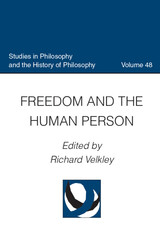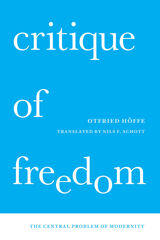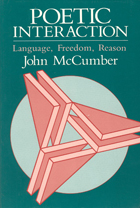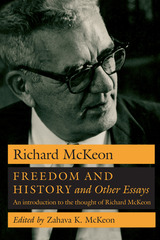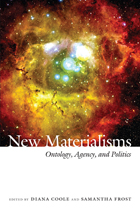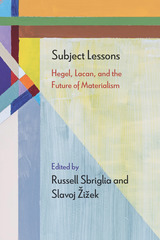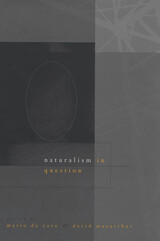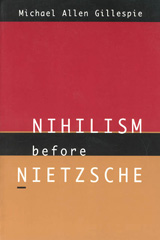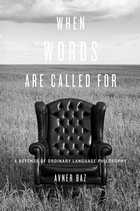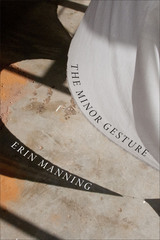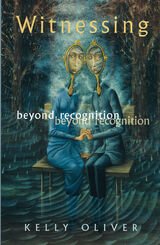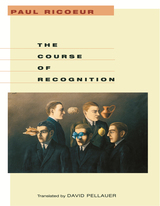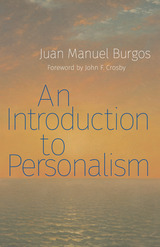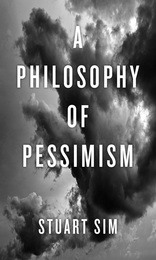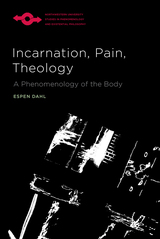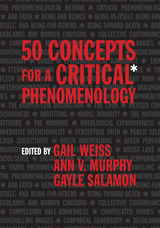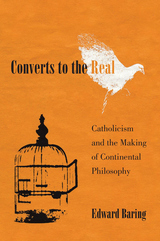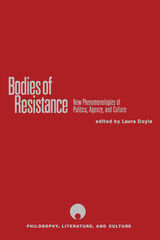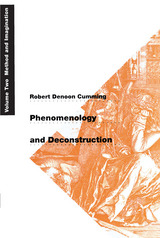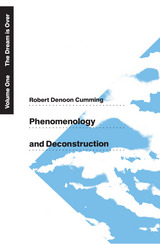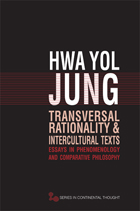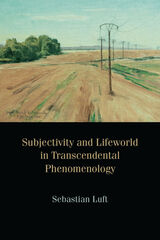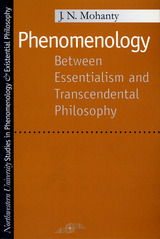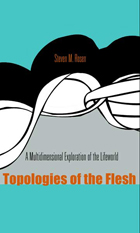Paper: 978-0-8166-1163-8
Library of Congress Classification B828.45.Y64 1984
Dewey Decimal Classification 121.3
Perceptual Acquaintance was first published in 1984. Minnesota Archive Editions uses digital technology to make long-unavailable books once again accessible, and are published unaltered from the original University of Minnesota Press editions.
Philosophers, wrote Thomas Reid in 1785, "all suppose that we perceive not external objects immediately, and that the immediate objects of perception are only certain shadows of the external objects." To Reid, a founding father of the common-sense school of philosophy, John Locke's "way of ideas" threatened to supplant, in human knowledge, the world of physical objects and events—and to point down the dreaded path to scepticism.
John Yolton finds Reid at least partly responsible for this standard (and by now stereotypic) account of Locke and his eighteenth-century British successors on the subject of perception. By carefully examining the writings of Descartes and the Cartesians, and Locke and his successors, Yolton is able to suggest an alternative to this interpretation of their views. He goes back to a wide range of original texts—those of the period's major philosophers, to Descartes' scholastic precursors, to obscure pamphleteers, and to writers on religion, natural philosophy, medicine, and optics—all in an effort to help us understand the issues without the interference of modern labels and categories. The subtle changes over time reveal an important transformation in the understanding of perception, yet one that is prefigured in earlier work, contrary to Reid's view of the past. Included in Yolton's reevaluation is a full account of the role of Berkeley and Hume in the study of perceptual acquaintance, and of the connection between their work.
See other books on: Descartes | Knowledge, Theory of | Perception (Philosophy) | Philosophy | Philosophy, Modern
See other titles from University of Minnesota Press

